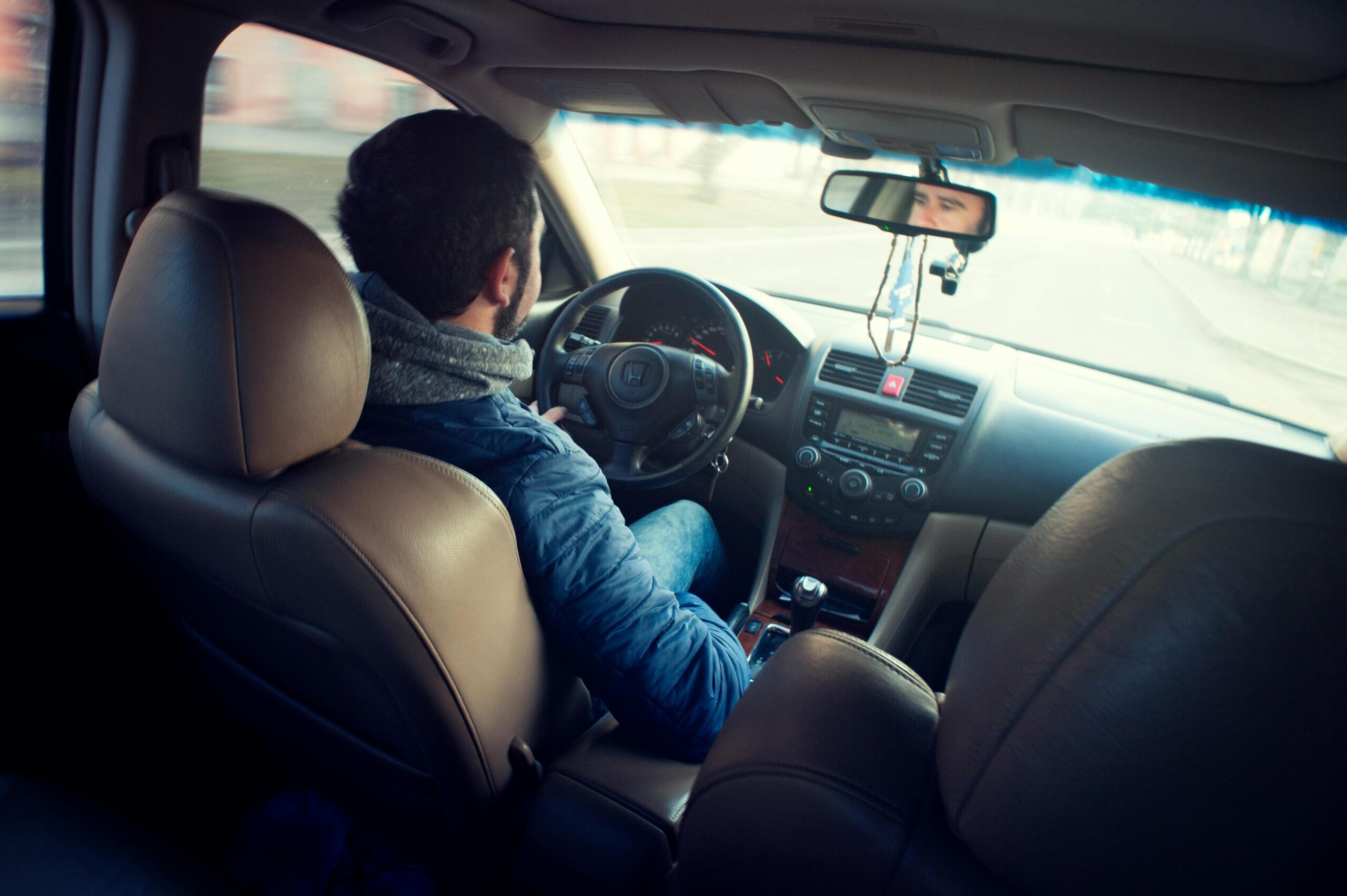As a rideshare or commercial driver, keeping accurate records of your expenses is critical for maximizing your tax deductions. The IRS or CRA (depending on your country) allows drivers to deduct a range of costs associated with operating a vehicle for business purposes. However, without proper documentation, you could miss out on valuable deductions or face challenges during an audit. Here’s how to accurately record your expenses and make the most of your tax return.
Why Accurate Record-Keeping Matters
- Maximize Deductions: Claiming all eligible expenses reduces your taxable income and increases your refund.
- Avoid Audits and Penalties: Precise records can defend your claims if the tax authorities review your return.
- Understand Your Profitability: Monitoring expenses helps you assess your actual take-home pay after costs.
Common Tax-Deductible Expenses for Drivers
Here are the typical expenses that rideshare and commercial drivers can claim:
1. Vehicle Expenses
- Gas and Fuel
- Repairs and Maintenance: Oil changes, tire replacements, etc.
- Insurance Premiums
- Car Washes and Cleaning Supplies
2. Depreciation or Lease Payments
- If you own your car, you can deduct depreciation over time.
- Lease payments are deductible for leased vehicles.
3. Licensing and Registration Fees
- Costs for maintaining a valid driver’s license and vehicle registration.
4. Mileage
- Instead of actual vehicle expenses, you may opt to claim a standard mileage rate (e.g., $0.65 per mile for 2023 in the U.S.).
5. Business-Related Tools
- Phone bills for using apps like Uber, Lyft, or Google Maps.
- Dashcams for safety.
- Snacks, water bottles, or other amenities provided to passengers.
6. Miscellaneous
- Tolls and Parking Fees
- Roadside Assistance Plans
Steps to Accurately Record Expenses
1. Track Your Mileage
You have two options for vehicle expenses:
- Standard Mileage Deduction: Multiply your total business miles by the IRS/CRA standard mileage rate.
- Actual Expenses: Deduct all vehicle costs directly related to business use.
Use a mileage tracking app (e.g., MileIQ or Stride) to log trips automatically. Be sure to distinguish between personal and business miles.
2. Save Receipts
Always save receipts for business-related purchases, including:
- Gas and maintenance
- Car washes
- Parking fees and tolls
Use digital apps like Expensify or simply snap photos of your receipts to avoid losing them.
3. Separate Business and Personal Expenses
If you use your vehicle for both personal and business purposes, track the percentage of time you drive for work. Apply this percentage to shared costs like gas or insurance to calculate your deductible amount.
4. Use Apps for Expense Tracking
Automated apps can simplify record-keeping. Popular options include:
- QuickBooks Self-Employed: Tracks income, expenses, and mileage.
- Everlance: Offers automatic trip tracking and expense categorization.
- Gridwise: Tailored for rideshare drivers, this app tracks earnings and mileage.
5. Maintain a Logbook
If you prefer manual tracking, keep a logbook for:
- Trip dates and times
- Starting and ending locations
- Miles driven
- Purpose of the trip
Common Mistakes to Avoid
- Failing to Record Personal Use: If your vehicle serves both personal and business purposes, make sure you only deduct the business portion.
- Not Saving Receipts: Bank or credit card statements aren’t enough. Always keep detailed records.
- Ignoring Small Expenses: Even minor costs like air fresheners or tolls add up. Record everything!
How to File These Deductions
U.S. Drivers
- Use Schedule C (Form 1040) for self-employed income.
- Report mileage or actual expenses under the appropriate section.
Canadian Drivers
- Report expenses on the Statement of Business Activities (T2125).
- Use CRA’s guidelines to calculate your allowable vehicle expenses.
Key Takeaways
Accurate record-keeping is the backbone of successful tax filings for rideshare and commercial drivers. By diligently tracking mileage, saving receipts, and using modern tools, you can reduce your tax liability while staying compliant with tax regulations.
Make a habit of updating your records regularly to avoid the last-minute scramble during tax season. A little effort throughout the year can lead to significant savings and peace of mind.
Have questions or tips on tracking expenses as a driver? Share your insights in the comments below!

